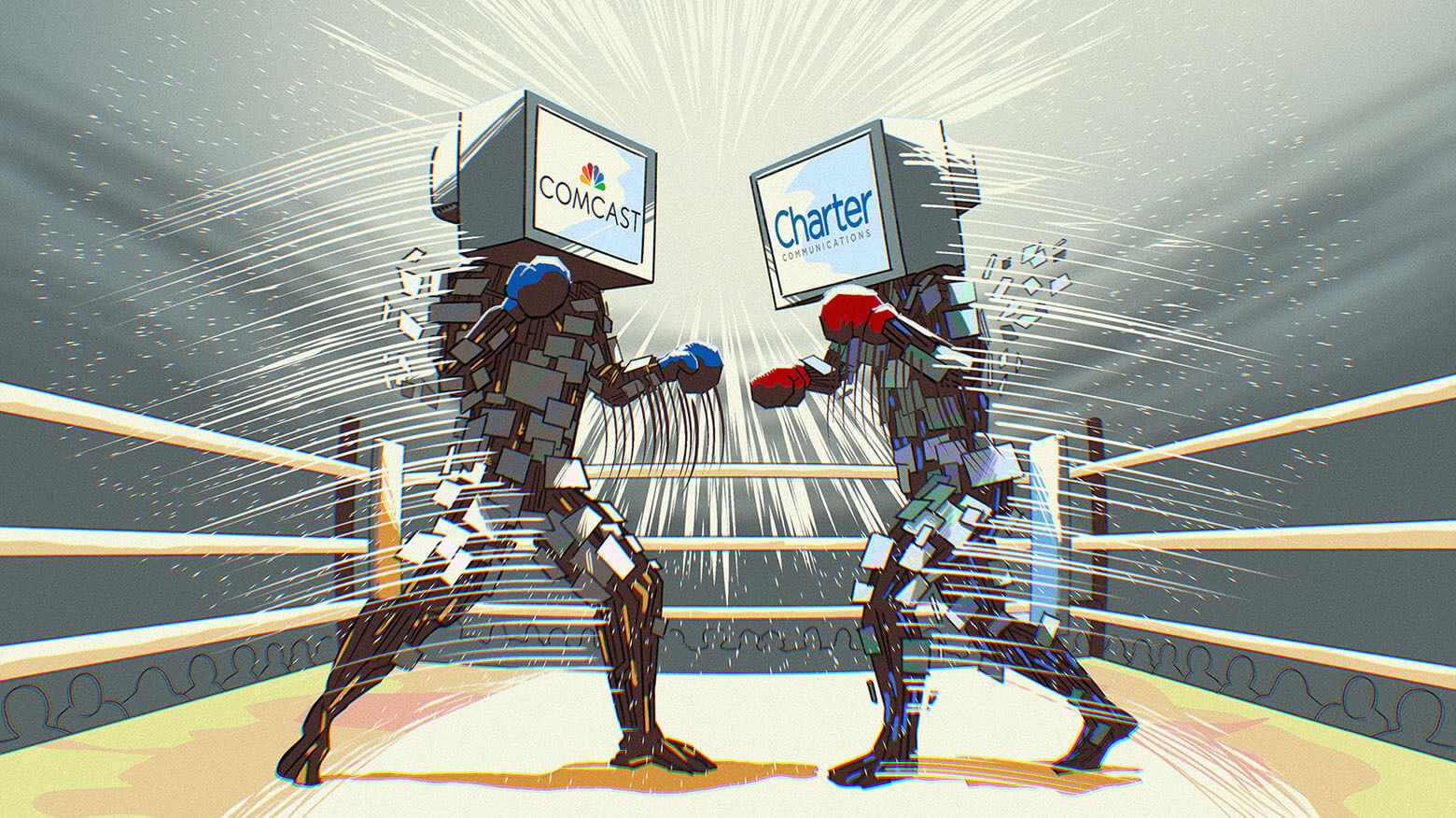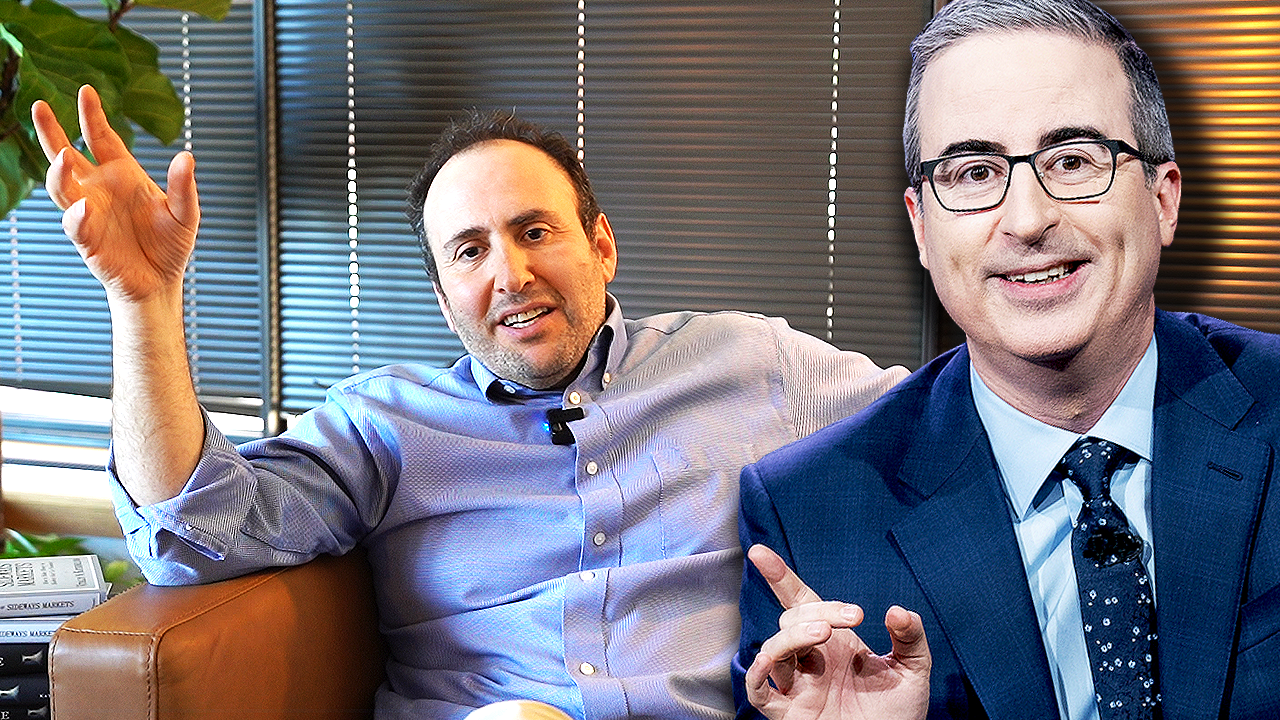In 1986 Jeremy Grantham — an investment legend and co-founder of Boston-based asset manager GMO — started to warn his firm’s clients about, and even created an investment product to protect them from what he believed would be, the eventual bursting of the Japanese stock bubble. We all know how that story ended: In 1990 the Japanese market crashed, stocks declined more than 70 percent from their peak, and the Japanese economy slipped into a 25-year coma.
However, before all these bad things happened, from 1986 to 1990 the Nikkei more than doubled. Grantham was right, but it took four years for the risk that he identified to play out.
From today’s perch, four years in the ’80s are just four years in the ’80s, but I am sure that to Grantham they seemed like dog years. In the eyes of his clients and the market, Grantham’s credibility became inversely correlated with the Nikkei. Every time the Nikkei set a new high, Grantham’s reputation set a new low.
I used to think that bull markets end when every bear is mugged, skinned and reincarnated into a bull. Now I realize that is only partially true. A lot of bears stop growling because they get exhausted or simply bored. Repeating the same warnings — adding new analogies and superlatives — is exhausting; it’s very taxing on one’s creativity, especially if everything you’ve said to date was “wrong.”
Once things temporarily disconnect from gravity and elevate into the domain of insanity, adjectives start to lose their meaning. Trying to quantify “expensive” once stocks become expensive resembles a game we played as kids. We had just discovered arithmetic and were trying to beat each other’s number by coming up with a larger one. I’d say “a thousand,” a friend would say “a billion,” and it would go on like that for a while until one of the smarter kids would say “infinity.” That should have been the end — you cannot have a number bigger than infinity — but invariably the game continued: “Infinity times infinity,” “infinity times infinity plus one” and so on. The person with the loudest voice or the most persistence won.
Now take yourself back to the mid-’80s. When Japanese stocks were trading at 25 times earnings, they were very expensive. A year or two later, they were at 35 times earnings and you needed a new superlative — expensive times infinity? I’ll let you, dear reader, come up with adjectives for when Japanese stocks got to 40, 45, 50, finally peaking at 56 times earnings in 1990.
Once you identify risks in the system, as Grantham did in the 1980s, what do you do about them? Nassim Nicholas Taleb discussed this in his latest must-read book, Antifragile: Things That Gain from Disorder. He believes (and I agree) that, instead of focusing on catalysts and timing, we should admit that in a complex system identifying them is very difficult and should direct our energy to an analysis of the system and try to protect ourselves (or benefit) from the eventual fallout from the risks.
“As with a crumbling sand pile, it would be unintelligent to attribute the collapse of a fragile bridge to the last truck that crossed it, and even more foolish to try to predict in advance which truck might bring it down,” Taleb eloquently writes.
As I look around, the U.S. and world economies and their stock markets —complex systems — have been turned into what Taleb calls “constrained systems” through government intervention. He defines a constrained system as one that is prone to black swans — rare but powerful events. Instead of bending and bouncing back (being antifragile) when stuff hits the fan, they have been stiffened and thus are liable to break — “catching everyone off guard and undoing years of stability,” Taleb says. “The longer it takes the blowup to occur, the worse the resulting harm.”
The more that global governments try to influence economic growth through QE and other stimuli, the more sensitive and fragile our economies become. Here is the latest shocking example of “excess” caused by endless governmental stimuli: Over the past three years, China consumed 30 percent more cement than the U.S. did throughout the entire 20th century, according to Vaclav Smil, author ofMaking the Modern World: Materials and Dematerialization.
Before you put that fact into the “Chinese miracle” pile, think about this: Yes, China is a developing economy, and yes, there are five times as many Chinese as there are Americans. But the U.S. too was a developing economy, throughout the most of 20th century, and most of its infrastructure (including highways, bridges and dams) was built and in many cases rebuilt multiple times over the past 100 years. Finally, those past three years of Chinese cement consumption took place on top of already unprecedented overcapacity in almost every sector of the country’s economy. Government stimuli create excesses that, at some point, will be subject to self-correction, which will be extremely painful.
Stimuli also indebt governments, and running large fiscal deficits, as most developed countries have, is a form of stimulus. Low interest rates turn governments into debt addicts. As long as interest rates are low, debt payments are not a problem. But as the debt pile keeps growing, a government’s ability to handle higher interest payments diminishes significantly. Japan, which today is still suffering from the excesses of the ’80s, is a sad example of this: Its ten- and 30-year bonds yield 0.55 percent and 1.7 percent, respectively; yet even at these insanely low rates, debt payments consume almost a quarter of Japan’s tax receipts. Government intervention has deprived the system of flexibility, thus making it fragile — even a small stress can topple the system and leave it in a state of shock.
Low interest rates inflate asset prices and push otherwise conservative savers into risky assets: stocks. In fact, the U.S. stock market lately reminds me of someone who was given an excessive amount of Novocaine and thus his senses have gone numb. He keeps getting poked and cut by sharp objects, and he bleeds, but he doesn’t feel any pain. However, at some point the effect of the medication will wear off, and this person will be in a world of hurt.
For now, the illusion of invulnerability persists. Stock prices have been pushed up not on great economic news but because of a lack of investment alternatives. Nevertheless, all economic news (good and bad) seems to come in “shades of great” these days.
To my readers: None of the topics I have discussed above are new; I have just supplied fresh examples, updated frameworks and new analogies. You are probably as tired reading as I am tired writing about these topics. Now I can safely say, “I know what dog years feel like.” But my tiredness and boredom don’t change the fact that despite the party still going on around us, this is the time to be cautious — things that can’t go on forever don’t.










0 comments